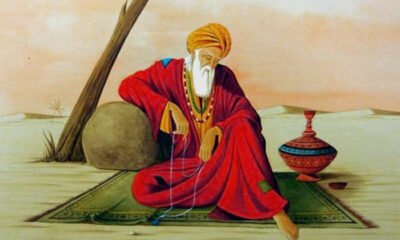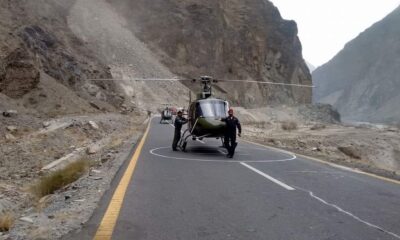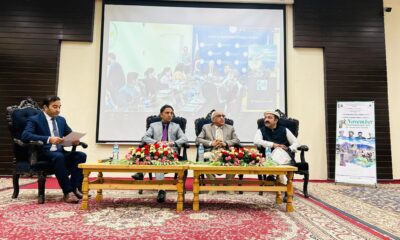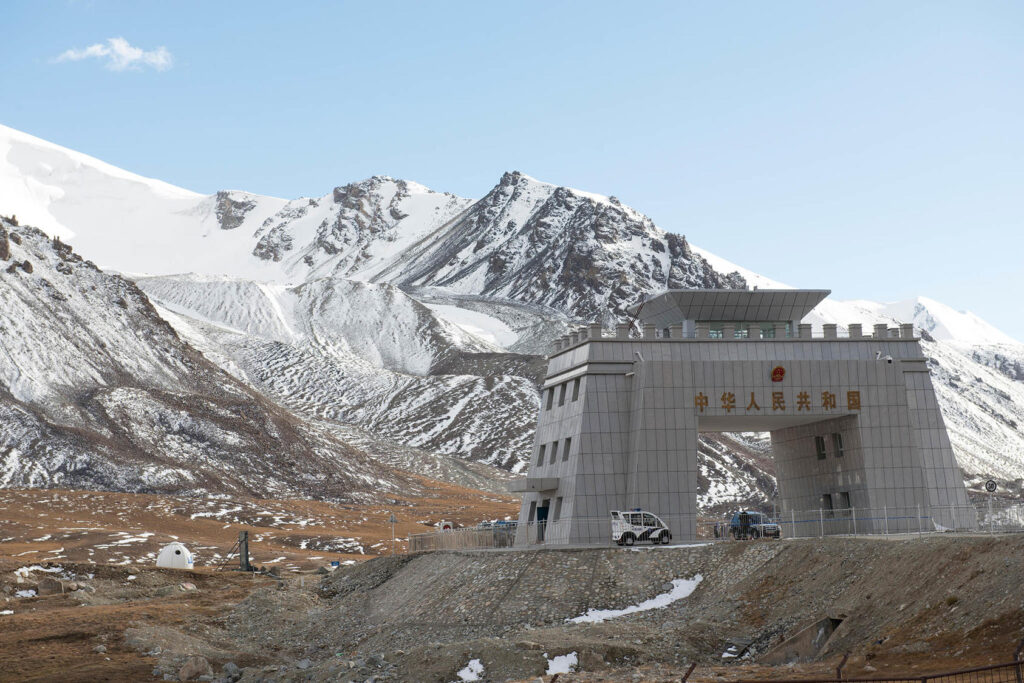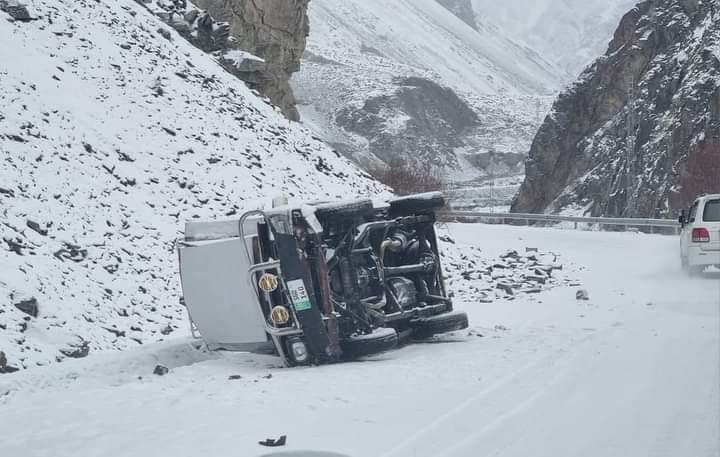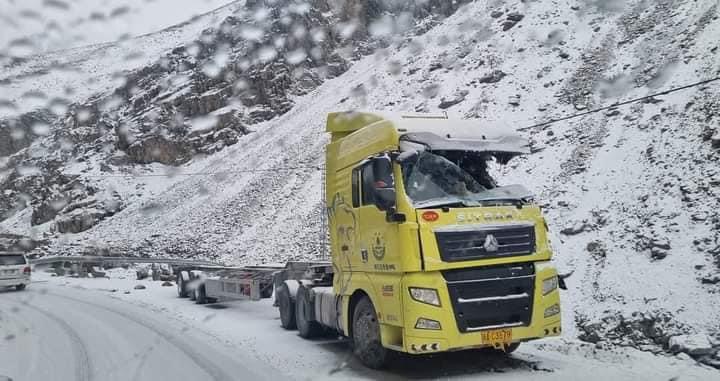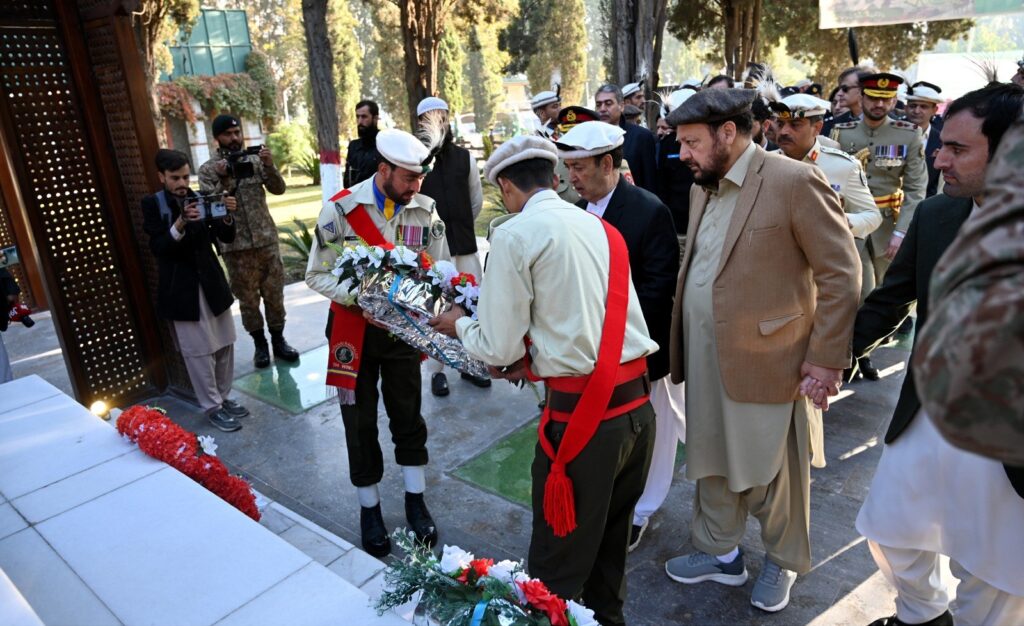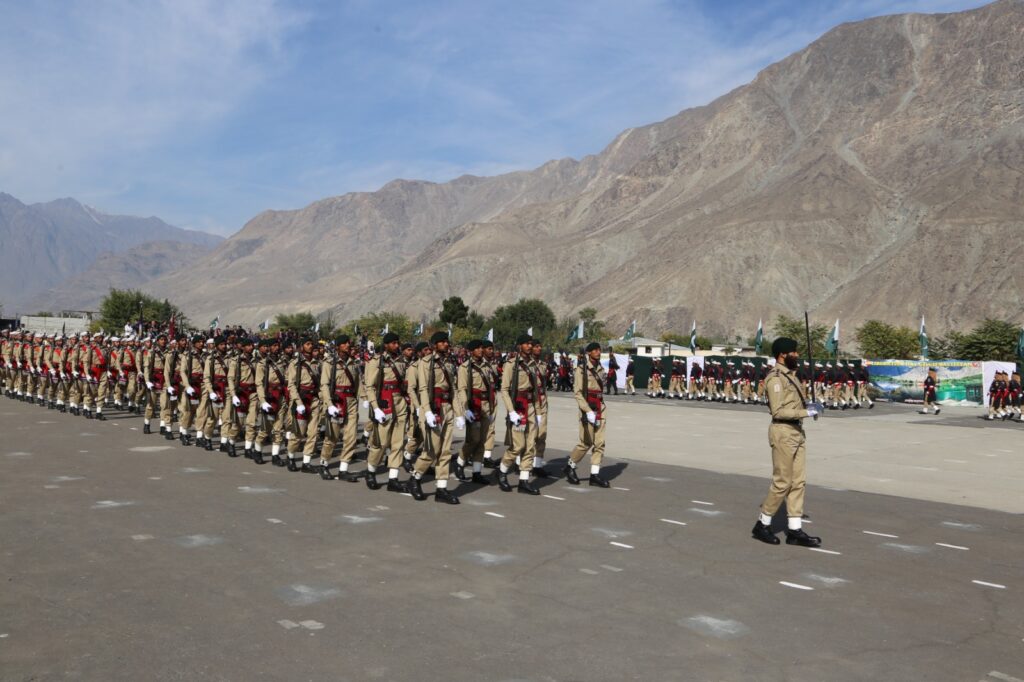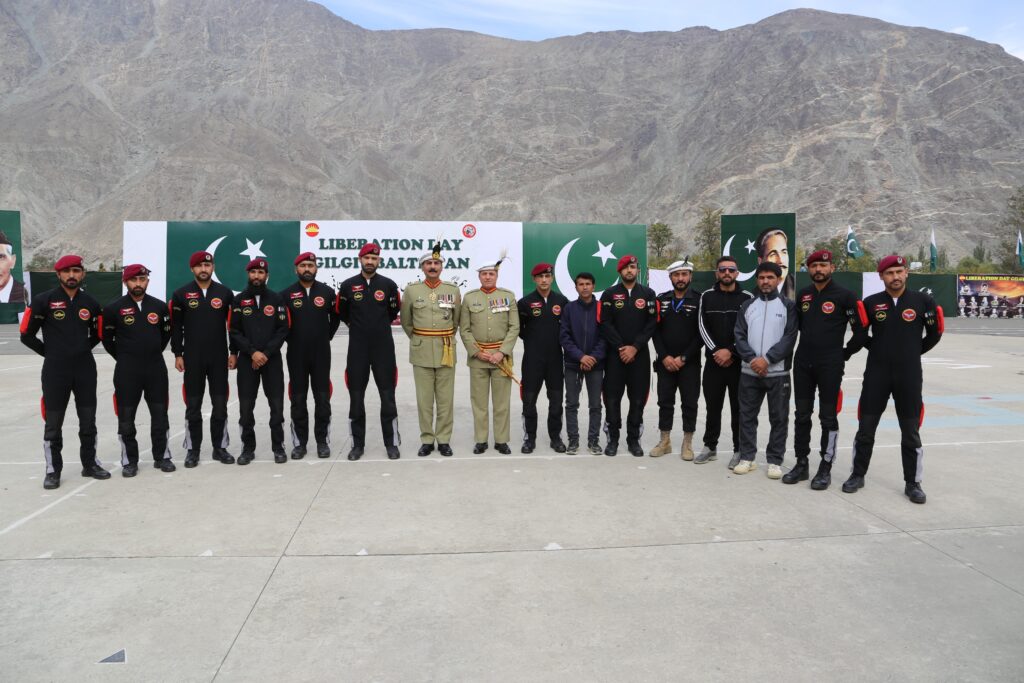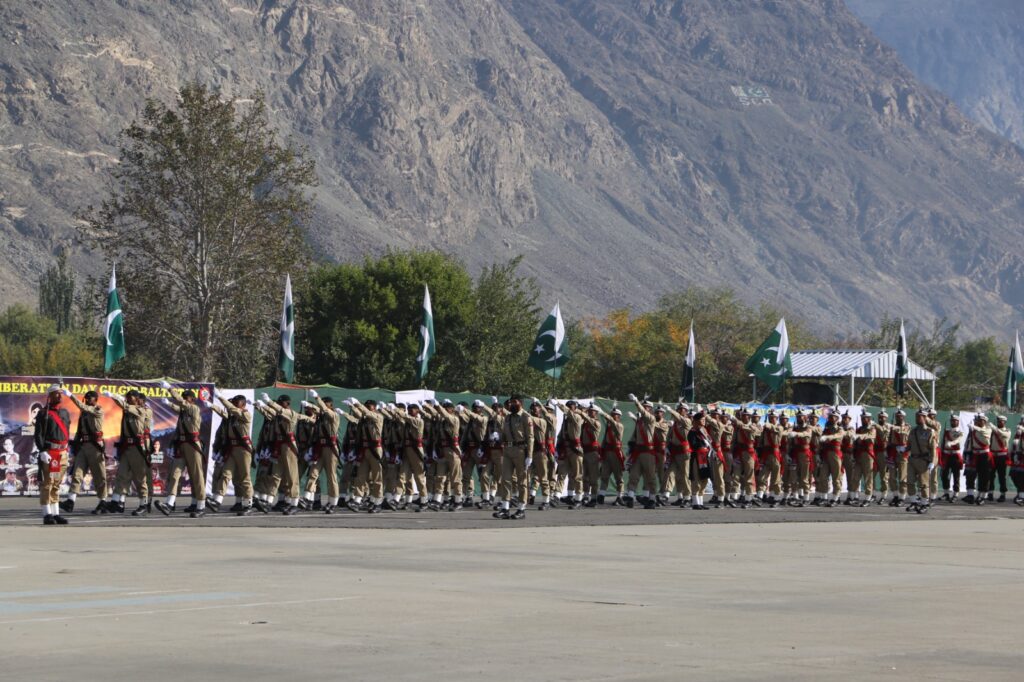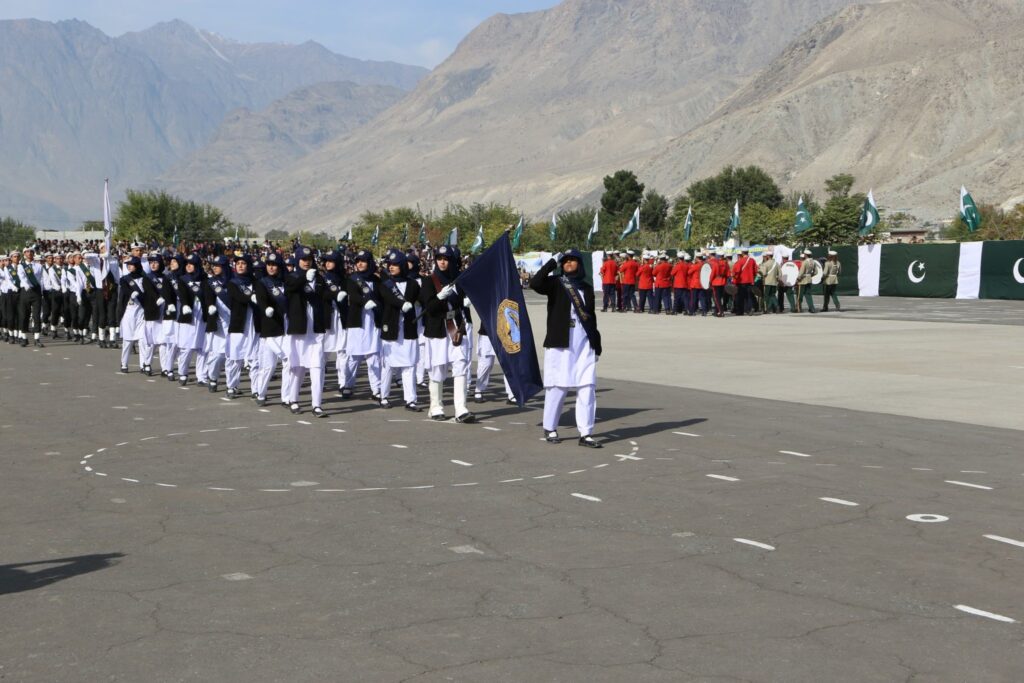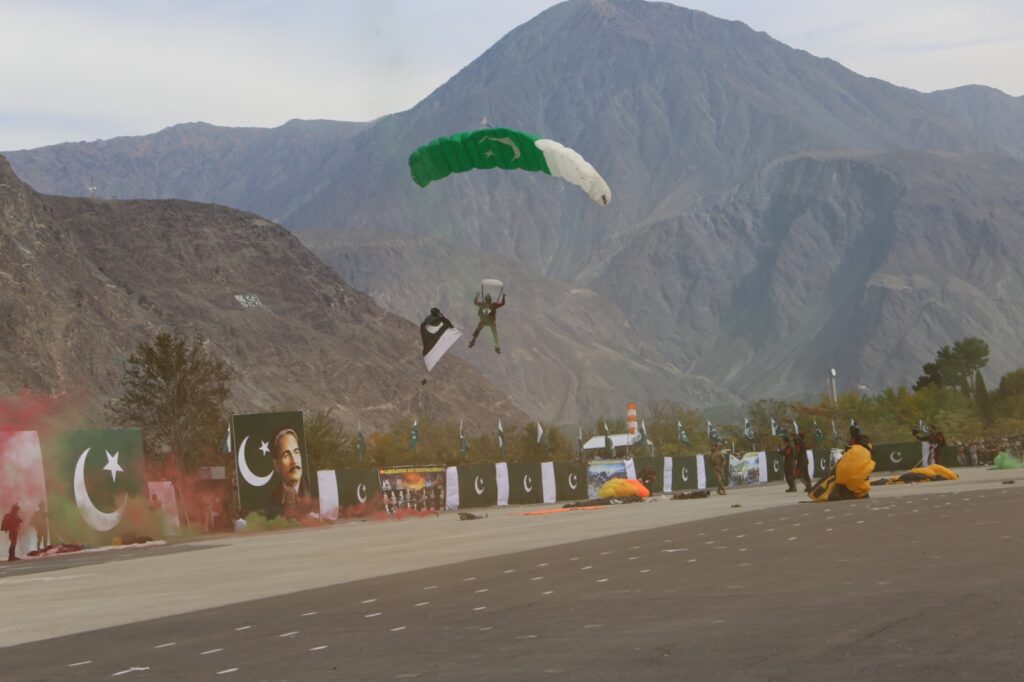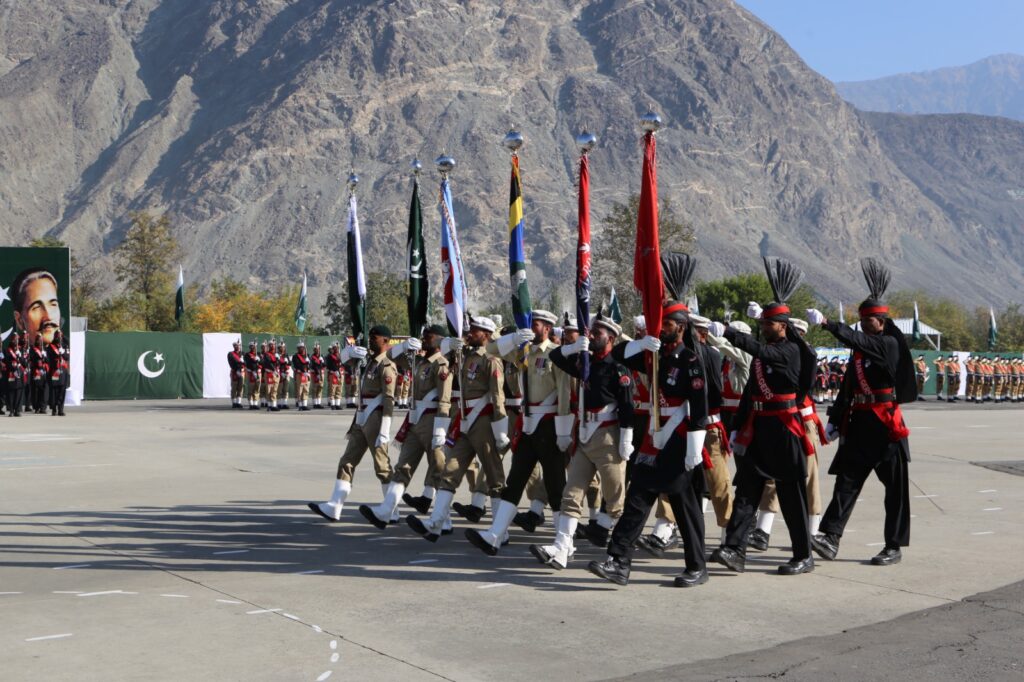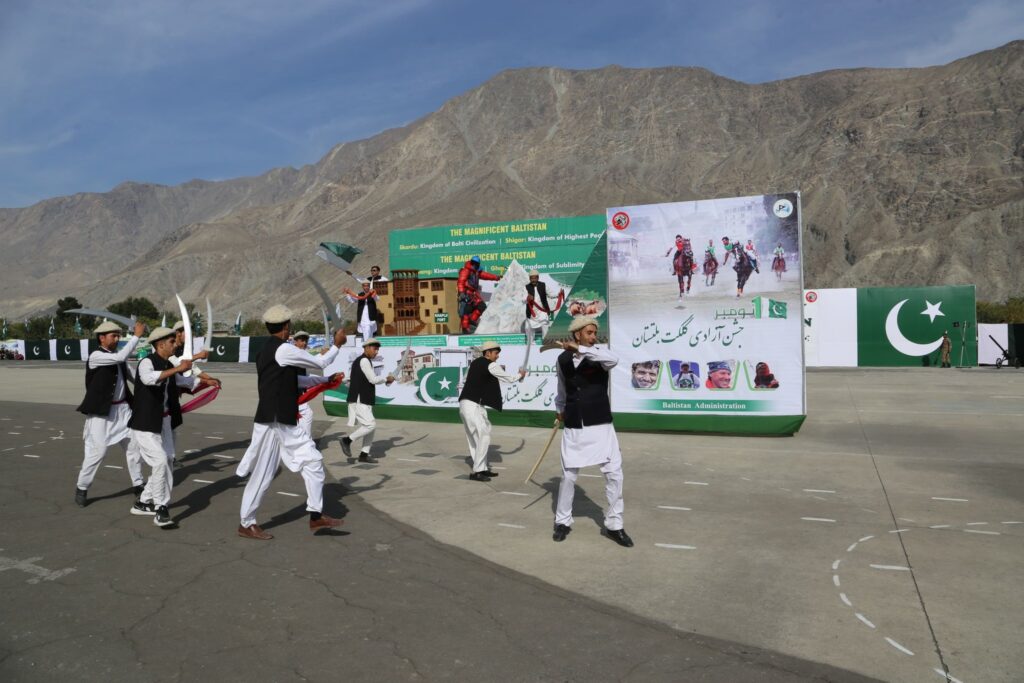Parents’ concern about their children’s future success in a competitive economy is understandable and inevitable. However, societal pressures shouldn’t intimidate a parent from focusing on establishing a strong emotional bond with their children, which can serve as a benchmark for lasting happiness and success in the best meaning of the words.
Parenting is an indispensable responsibility that requires more than just fulfilling a child’s basic needs of food, shelter, and clothing. In today’s fast-paced and demanding world, parents may feel the need to exert excessive control over their children’s lives by putting their emotional health on the back burner. However, such an approach egregiously backfires, leading to stress and depression. Therefore, parents must recognize that building a healthy and supportive relationship with their children is just as essential as providing for their basic needs.
Parents have a unique opportunity to help their children navigate the challenges of the world and discover their strengths and passions. Encouraging children to explore their interests and fostering an environment that prioritizes quality time spent together is imperative in creating a safe and nurturing space to freely express their thoughts and untainted feelings without fear of judgment or jibes. This approach not only helps children to develop a strong sense of self-awareness and self-confidence, but it also promotes healthy emotional growth and development. By actively engaging with children and showing a genuine interest in their interests and passions, parents can create a positive and lasting impact on their child’s well-being, both in the short and long term.
Moreover, parents must also exemplify the behaviors and values they want to instill in their children. For instance, to instill the value of leading a healthy lifestyle in their children, parents can make it a priority by engaging in activities such as preparing nutritious meals together or taking a family hike on weekends, rather than simply reprimanding their child for consuming unhealthy food repeatedly. By embodying the principles, they wish to instill in their children, rather than authoritatively acting as mere martinets, parents can serve as influential role models, inspiring their children to embrace positive habits and behaviors. When parents lead by example, they create a ripple effect that extends far beyond their own family, inspiring other parents to follow in their footsteps and make positive changes in their lives and communities.
Thus, the most effective way to teach your children is not by imposing your own crafted rules in a vacuum, which can lead to rebellion or resentment. Rather, parents should involve their children in decision-making processes to demonstrate respect for their child’s autonomy and encourage them to take ownership of their actions. By setting an example of open communication, empathy, and mutual respect, parents can foster a healthy family dynamic that supports their children’s growth and development into responsible, compassionate adults.
At its core, parenting revolves around instilling children with values and principles that will guide them through life, while also equipping them with the tools to navigate the challenges. The true measure of a parent’s success is not determined by the strictness of imposed rules or the material possessions met out to their children, but rather the strength and depth of emotional bond they forge with their children. By prioritizing empathy, emotional support, and healthy communication, parents can create a supportive environment that empowers their children to thrive in all facets of life.
While it is sadly true that parents from lower-middle-class backgrounds face unique and daunting obstacles in nurturing meaningful relationships with their children, it is crucial to recognize that their struggles are compounded by a host of socioeconomic factors. From the relentless cycle of poverty to the ever-increasing cost of living, these families are constantly forced to live in sub-human conditions that threaten to undermine their efforts to provide emotional and financial stability for their children. Moreover, these parents often have to bear the brunt of systemic inequality, which can limit their and their child’s access to critical resources such as quality education, healthcare, and job opportunities. This, in turn, can exacerbate their financial woes and leave them feeling helpless and overwhelmed.
In such a context, the challenge of fostering positive and engaging relationships with their children becomes all the more daunting. These parents are forced to juggle multiple responsibilities and competing demands on their time and energy. Furthermore, parents from lower-middle-class backgrounds do have not access to the same resources and opportunities as those from more affluent backgrounds, making it harder for them to engage in activities that foster healthy parent-child relationships, such as family vacations or extracurricular activities.
Despite facing formidable challenges due to their socio-economic status, parents should prioritize their relationships with their children, and even small acts of kindness, such as reading a bedtime story, having a family game night, or offering words of encouragement, can foster strong emotional bonds. To create a nurturing home environment and a psychologically healthy space for them, you don’t need to bring expensive gifts or require lavish trips for them.
The true test of effective parenting in lower middle-class families lies in choosing between exploiting their children as mere means of climbing the social ladder or prioritizing a healthy relationship with them, which will ultimately shape both their future and ours. Achieving this balance requires careful consideration to ensure that their well-being is not overshadowed by a desire for upper social status. There is no dill-dallying the fact that ideas are bulletproof; they don’t die and what we instill in our children will come around to us.
Therefore, it is essential to teach them the true meaning of parental relationships and stop using our parental license as a weapon to impose our myopic thinking onto the ever-growing horizons of their young mind. Parents can provide their children with valuable life skills and abilities by demonstrating constructive coping mechanisms and effective problem-solving strategies. By setting a positive example in these areas, parents can equip their children with the tools necessary to overcome challenges and navigate success in various areas of their lives. This approach to parenting can empower children to develop resilience, adaptability, and a proactive mindset, which will serve them well throughout their lives. It is essential for children to develop resilience during deleterious times and to avoid becoming overly fixated on achieving success during salubrious times. The learning and unlearning process of children is significantly impacted by the role of parents. Parents can contribute to this process by motivating their children to face challenges and learn from their failures, which in turn can instill a growth mindset that promotes resilience and determination
Ultimately, the most valuable legacy that a parent can leave their child is a lasting human connection by investing in their child’s emotional and mental health, as it lays the foundation for nurturing their children’s individuality and supporting their growth and development beyond the pressures of societal expectations, which they will pass on to the next generation. In this way, the vicious cycle of toxic parenting can be broken, freeing the parent-child relationship from the sacrificial altar of societal pressures that demand immediate success stories from their children at the cost of their individuality, and parents from their suffocating obsession with their child’s success at any cost. By teaching these values and modeling them in their own lives, parents can prepare their children to navigate the ups and downs, the worsts and bests, and the highs and lows of life with confidence and grace.

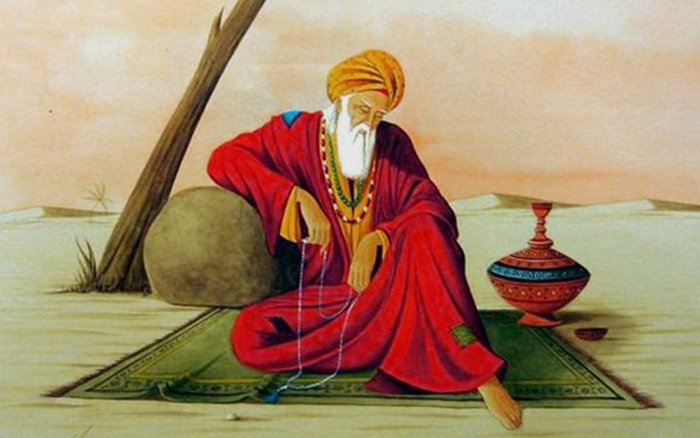
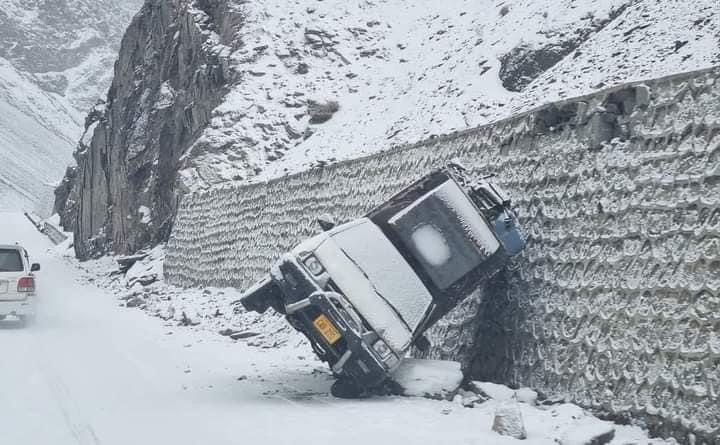


 Arts, Culture & Heritage2 years ago
Arts, Culture & Heritage2 years ago
 KIU Corner2 years ago
KIU Corner2 years ago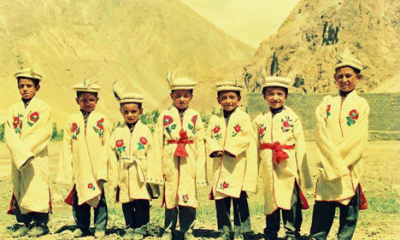
 Arts, Culture & Heritage2 years ago
Arts, Culture & Heritage2 years ago
 KIU Corner2 years ago
KIU Corner2 years ago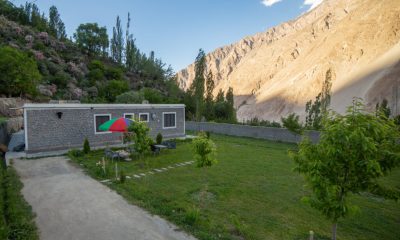
 Arts, Culture & Heritage2 years ago
Arts, Culture & Heritage2 years ago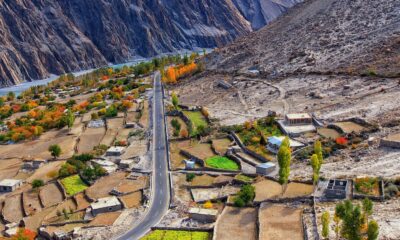
 Tourism2 years ago
Tourism2 years ago
 Opinion3 years ago
Opinion3 years ago
 Current Affairs2 years ago
Current Affairs2 years ago
